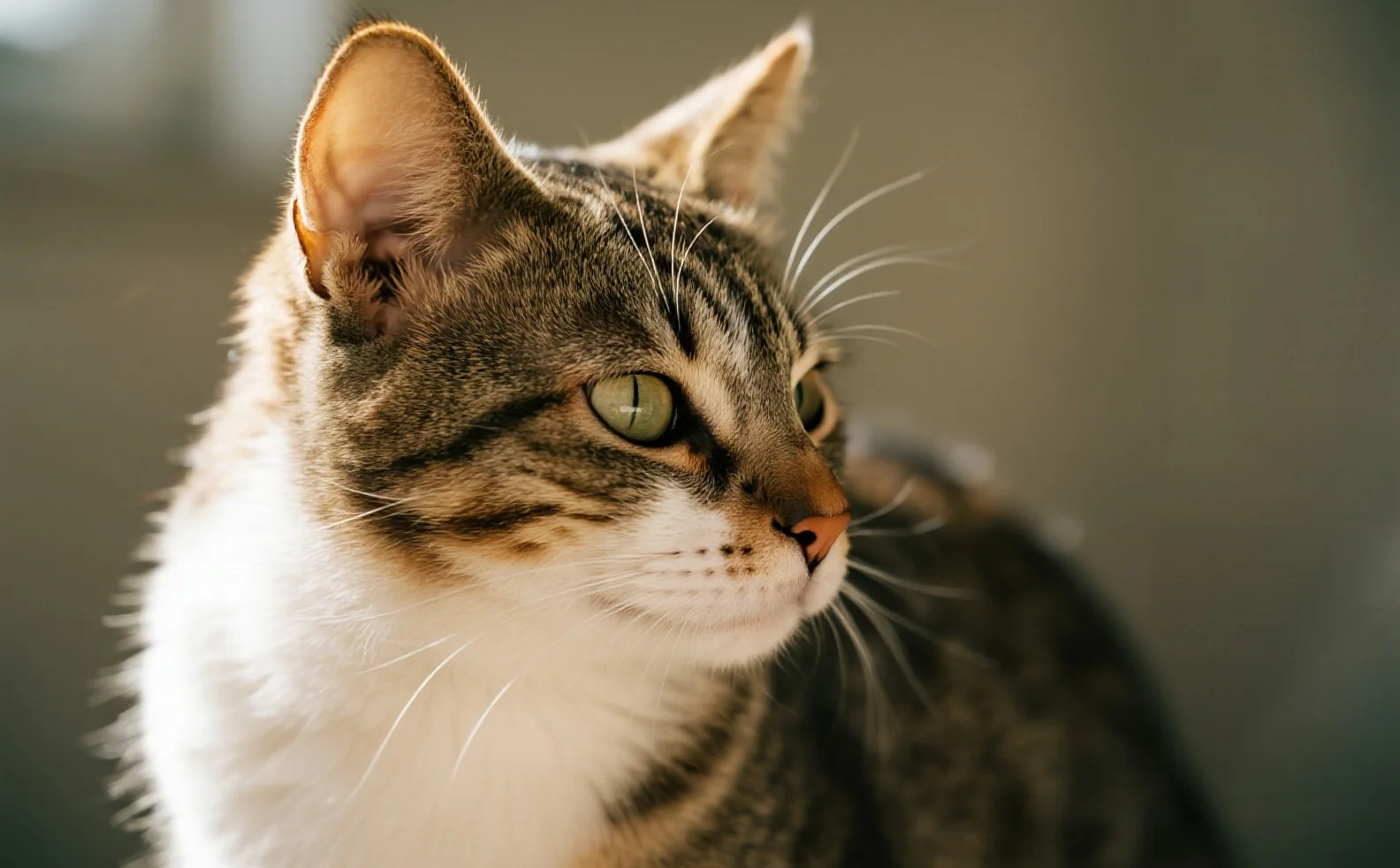As a pet owner, you are likely always attentive to your cat’s health and well-being. One common observation that can raise concern is when your cat’s ears feel warm or hot to the touch. Understanding the reasons behind this change in temperature can help you take proactive steps to ensure your feline friend is in good health.
Table of Contents
The Anatomy of a Cat’s Ear
Before diving into the reasons why your cat’s ears might feel hot, it’s essential to understand the anatomy of a cat’s ear. Cat ears consist of layers of skin, cartilage, and blood vessels that help with hearing and balance. The outer ear, known as the pinna, is particularly sensitive and can easily absorb heat, which may affect how warm they feel.
Common Reasons for Hot Ears
1. Body Temperature Regulation
Cats, like humans, have normal body temperatures that can fluctuate. A typical healthy cat’s body temperature ranges from 100.5°F to 102.5°F (38°C to 39.2°C). When your cat is feeling warm, it may be due to a slight elevation in body temperature. This can occur for various reasons, such as playful activity or exposure to warm environments. If your cat has been napping in a sunny spot or engaging in vigorous play, the warmth in their ears may simply be a sign of temporary excitement or activity.
2. Fever or Illness
If your cat’s ears feel persistently hot and are accompanied by other symptoms—such as lethargy, lack of appetite, or unusual behavior—this may indicate illness. An elevated body temperature (fever) is a natural response to infections or medical conditions. Common causes of fever in cats include bacterial infections, viral infections, and even dental issues. If your cat exhibits additional concerning signs, consulting your veterinarian is crucial to rule out any serious health issues.
3. Ear Infections
Warm ears can also signify local issues, such as ear infections. These infections can be caused by bacteria, yeast, or mites, which irritate the ear canal and may lead to inflammation. If your cat seems to be scratching at their ears, shaking their head, or you notice a foul odor or discharge, these could be clear indicators of an ear infection requiring veterinary intervention.
4. Allergies
Another reason why your cat’s ears may feel hot is due to allergies. Cats can be allergic to various substances, including food ingredients or environmental allergens like pollen or dust mites. Allergic reactions can cause various symptoms, including inflamed or hot ears. If you suspect allergies, monitoring your cat’s diet and environment can help identify the culprit, and consulting your veterinarian for allergy testing may provide necessary insights.
5. Stress or Anxiety
Cats can experience stress or anxiety, which can lead to physical manifestations such as increased body temperature. Events like moving to a new environment, the introduction of a new pet, or loud noises can stress a cat. When stressed, a cat’s body may react by raising its temperature slightly, causing the ears to feel warm. Providing a calm and secure environment is essential for managing your cat’s stress levels.
What to Do If Your Cat’s Ears Are Hot
First and foremost, observe your cat for additional symptoms that may indicate a more significant problem. If your cat’s ears feel hot but there are no other concerning signs, it might be nothing to worry about. However, if your cat exhibits unusual behavior, displays lethargy, or has a poor appetite, a visit to the veterinarian is advisable.
Monitoring the Situation
Keep tabs on the situation by regularly checking your cat. If you notice persistent hot ears that last for an extended period, or if your cat seems uncomfortable, it’s time to seek professional advice.
Taking Temperature
If you are concerned about a fever, you can take your cat’s temperature using a digital rectal thermometer. Ensure that you apply lubrication and gently insert it into the rectum to get an accurate reading. A temperature above 102.5°F indicates a fever, and you should contact your veterinarian for further guidance.
Consulting Your Veterinarian
If your cat’s ears consistently feel hot or you notice additional concerning symptoms, visiting a veterinarian is essential. They can perform a thorough examination, run necessary tests, and determine the cause of your cat’s discomfort.
Home Care Tips
In the meantime, ensure your cat is hydrated, comfortable, and has a quiet place to retreat if they feel stressed. Offer plenty of toys to keep their mind occupied and provide calming environments with soft blankets where they can relax.
Conclusion
Understanding why your cat’s ears feel hot is crucial for maintaining their health. While warm ears can be a normal response to activity or environmental temperature, they can also indicate underlying health issues such as fever, infections, or allergies. By keeping a close eye on your pet’s behavior and consulting your veterinarian when necessary, you can ensure your feline friend stays healthy and happy. Remember, when in doubt, it’s always best to seek professional guidance to give your beloved pet the care they deserve.
